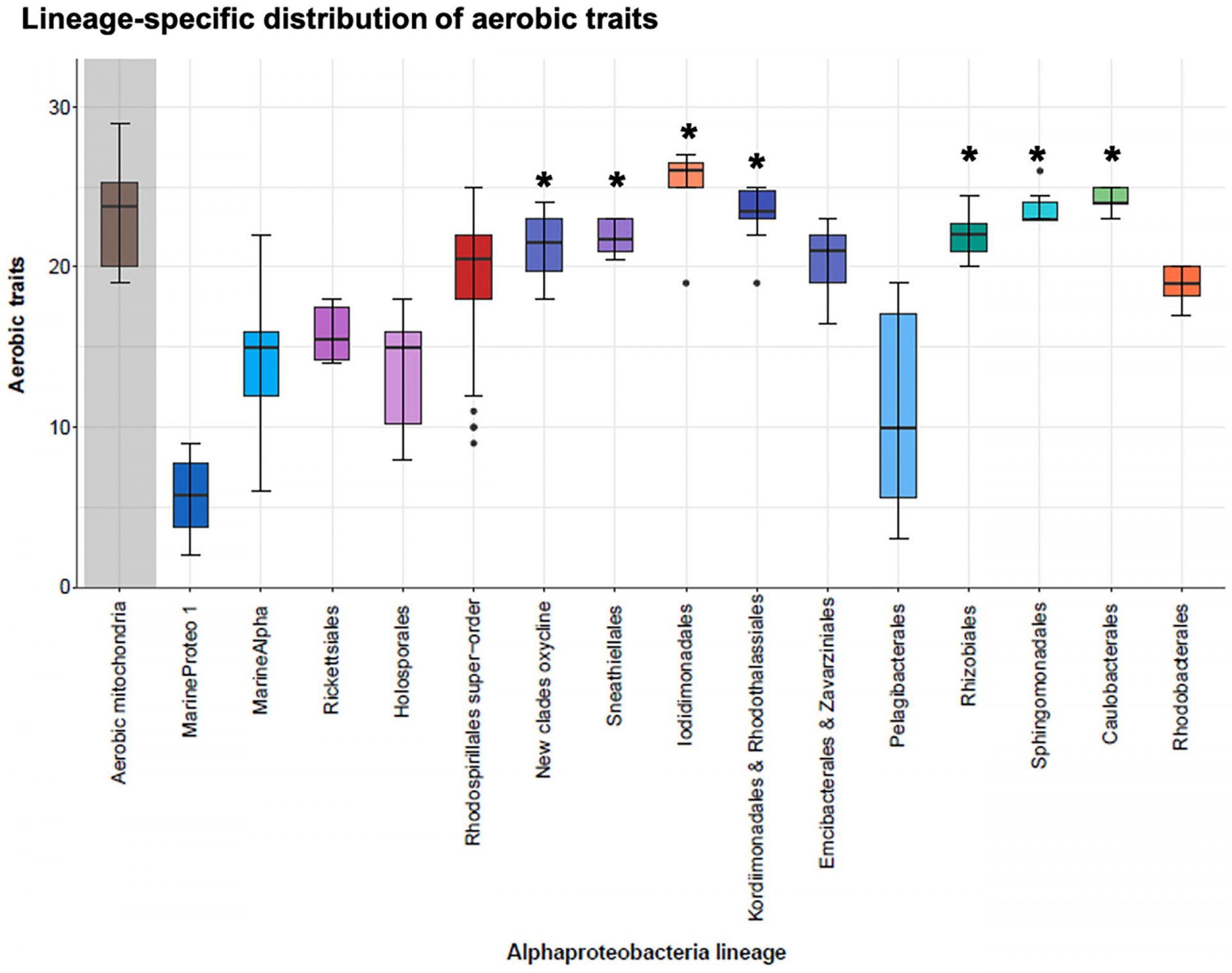Exciting new research has revealed that legal restrictions on video game playtime for young people in China may not be as effective as previously believed.
To investigate the impact of these restrictions, a team of researchers led by the University of York analyzed over 7 billion hours of playtime data from tens of thousands of games. They examined data from over two billion player accounts in China, where playtime restrictions have been in place since 2019.
Surprisingly, the research team did not find any evidence of a decrease in excessive gaming after the implementation of these restrictions.
The popularity of video games has skyrocketed, with an estimated 4 billion people worldwide engaging in gaming each year. This has raised concerns in many countries about the amount of time young people spend playing games and its potential impact on their well-being. In response, China implemented playtime restrictions for individuals under 18 in 2019.
China was one of the first countries to explore legal means of limiting gameplay for young people, aiming to mitigate the potential risks of gaming on well-being. Initially, the policy was assumed to be effective, with some organizations suggesting that it had successfully addressed issues related to disordered gaming.
Dr. David Zendle from the University of York’s Department of Computer Science stated, “Policymakers worldwide have been discussing the impact of video gameplay, especially on young people, for some time now. They are trying to establish a healthy relationship with games. The UK government, for instance, has recently issued guidelines for high-quality research into gaming and well-being to inform future decision-making.”
“The restrictions in China provided us with an opportunity to examine the real behavioral impact of regulation on reducing gameplay time and whether this policy achieved its desired effect,” added Dr. Zendle.
“We found no evidence of a decrease in excessive play, and further research is needed to understand why. However, this study highlights the usefulness of such analysis for policymakers worldwide when discussing regulations in the digital space.”
Dr. Catherine Flick from De Montfort University expressed hope that this research would serve as a case study for understanding how government policies affect the lives of real people on a large scale. She believes it can provide a blueprint for future data-led public policy evaluation, leading to more effective policymaking.
This groundbreaking research is the first to use big data to evaluate the impact of public policy on gaming. Leon Y. Xiao from the IT University of Copenhagen emphasized the importance of independent research in evaluating policymaking, especially considering previous claims from industry-affiliated sources that this policy had “solved video game addiction.”
“These results now suggest that the potential effectiveness of such policymaking could benefit from being monitored by non-industry-affiliated, independent researchers,” Xiao added.
The study comes at a time when global efforts to regulate technology and its impact on society are increasing. Various governments worldwide, such as the UK, European Parliament, and the US, are actively seeking to address digital challenges and protect children. This research provides a path forward for these efforts.
Professor Anders Drachen from the University of Southern Denmark highlighted the potential of this data-led approach in evaluating technology regulation. He stated, “We can now analyze billions of hours of digital behavioral data, which can lead to a better understanding of how to develop effective policies around online behavior. This study demonstrates how we can use such data to assess whether a policy actually achieves its intended impact.”
The research has been published in Nature Human Behavior.








